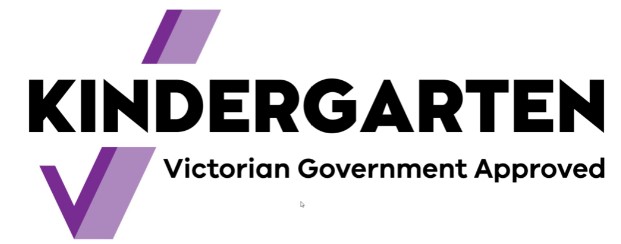Kindergarten School Tips on How to Teach Kindergarten Self-Discipline Skills
28 April 2023Teaching self-discipline skills is an essential part of a child’s development, and it can be particularly challenging with kindergarten-aged children who are just starting their educational journey. Here are some tips on how to teach kindergarten self-discipline skills:
• Establish routines and expectations: Kindergarten children thrive on routine and structure, so establishing clear expectations and routines can help them understand what is expected of them. For example, establish snack, circle, and other activities routines. Be consistent and reinforce the routines regularly. Your child will become accustomed to the routine if you establish a similar schedule each day. They will be less likely to get sidetracked by other activities when they are aware of what they are supposed to be doing.
• Use positive reinforcement: Children respond well to positive reinforcement, so it’s essential to praise and recognise good behaviour. You can do this by giving verbal praise or rewards such as stickers, high-fives, or special privileges.
• Teach problem-solving skills: Teach children how to problem-solve and handle conflicts by modelling positive behaviour and providing guidance. Encourage children to communicate their feelings and come up with solutions to problems.
• Provide choices: Give children choices to help them feel more in control of their environment and decisions. For example, offer choices between two activities, two snack options, or two book options. It is also a good way to teach your kids how to decide independently.
• Encourage self-regulation: Help children self-regulate by teaching them calming techniques such as deep breathing or counting to ten. Encourage children to take breaks and calm down when upset or overwhelmed.
• Explain your rules: An authoritative approach works best when teaching children how to make healthier choices because it helps them comprehend why the rules are in place. Explain the rule instead of saying, “Do your homework immediately because I said so.” This aids in your child’s comprehension of the rationale behind your guidelines.
• Model self-discipline: Children learn by watching and imitating adults, so it’s important to model self-discipline and self-control. For example, when you make a mistake, admit it, and show how to take responsibility and fix it. Whenever your child exhibits self-discipline, don’t forget to give them positive attention and praise. Mention the positive actions you’d like to see more of.
• Reward good behaviour: A reward system can target certain behavioural issues. Sticker charts can help children with trouble staying in their beds at night by providing reinforcement. A token economy system might be helpful for an older child who struggles to finish their homework and complete their tasks on time. Remember that there are many non-monetary rewards available. To encourage your child to behave more responsibly, give them extra privileges like time with the electronics.
In conclusion, teaching self-discipline skills to kindergarten children takes patience, consistency, and positive reinforcement. By establishing routines and expectations, providing choices, teaching problem-solving skills, and modelling self-discipline, you can help children develop the skills they need to succeed in school and life.
Let us at Gower Street Kindergarten assist you in developing your kindergartener’s self-discipline. Our goal is to give each child the chance to develop and explore their individuality in a setting that values diversity. Make sure your child is in the greatest care possible because we all understand how important early childhood education in Australia is.

